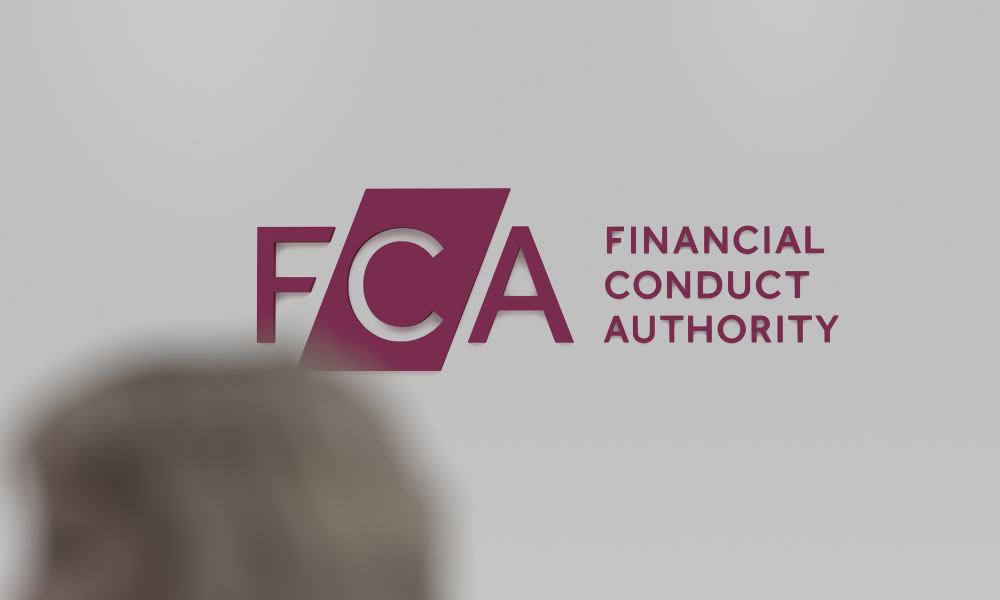"Be more like Singapore" say peers after Nationwide testimony

City regulators are facing intense scrutiny from the House of Lords after peers issued a scathing assessment of the Financial Conduct Authority (FCA) and Prudential Regulation Authority (PRA), accusing them of fostering a culture of excessive caution that is hindering economic growth.
The Lords Financial Services Regulation Committee has expressed concern that an overly rigid regulatory framework is placing disproportionate demands on firms, undermining the competitiveness of the UK’s financial sector. Their findings follow testimony from Debbie Crosbie, chief executive of Nationwide Building Society, who disclosed that her organisation had been compelled to answer over 4,500 regulatory enquiries and attend nearly 500 meetings in the space of a year.
Read more: FCA announces new senior role, Enforcement Guide update
Lord Forsyth of Drumlean, chair of the committee and a former Cabinet minister, criticised what he called “mission creep” among regulators, claiming that they are straying beyond their original mandates and creating overlapping demands on firms. He warned that the current regulatory environment is impeding innovation and making the UK less attractive for investment.
“We are not proposing deregulation, but proportionate regulation,” Lord Forsyth told Parliament. “The sheer scale of regulatory interaction is diverting vital resources away from innovation and business development.”
The committee's 141-page report highlighted inconsistencies in the application of new rules and a lack of clarity around the FCA’s “consumer duty” initiative. Introduced in 2023, the policy compels firms to deliver positive outcomes for clients but has been criticised for its vague compliance thresholds. The committee said the ambiguity has led to legal uncertainty and increased operational costs.
Concerns were also raised over the role of the Financial Ombudsman Service, which has been accused of retroactively applying standards not in force at the time of the events in question. This, the committee argued, is contributing to a climate of regulatory unpredictability.
A key theme in the report is the comparison with Singapore’s financial regulation regime. Peers urged the UK to emulate the efficiency of the Monetary Authority of Singapore (MAS), which has become known for swift approvals and a business-friendly stance, despite the country’s relatively small domestic market. The Lords noted that Singapore had managed to approve multiple insurance-linked securities far more rapidly than the UK, despite the instruments having originated in Britain.
“What Singapore has done so effectively is combine robust oversight with a pragmatic, service-oriented approach,” said Lord Forsyth. “We should be learning from their example.”
The peers proposed the introduction of a dedicated support function—a so-called "concierge service"—to help new and overseas firms navigate the UK’s regulatory landscape, echoing initiatives already in place in Singapore. In response, the FCA said it remained committed to supporting growth and streamlining regulatory demands. A spokesperson pointed to a series of recent reforms, including a reduced rulebook for insurers and new initiatives on crypto regulation, as evidence of its responsiveness. “We continue to rebalance our approach to ensure regulation supports both consumer protection and market competitiveness,” the statement read.
Yet despite these efforts, the committee was critical of the FCA’s pace in implementing change. “Why does everything take so long?” Forsyth asked, noting delays in the regulator’s publication of long-promised guidance on the boundary between advice and guidance—an issue that has left many firms reluctant to offer even basic financial information to clients for fear of regulatory sanction.
The FCA’s chief executive, Nikhil Rathi, has previously defended the regulator’s approach, arguing that efforts to encourage growth must not come at the cost of stability. In appearances before the Treasury Committee, he and FCA chair Ashley Alder warned against a “race to the bottom” that could see regulatory standards compromised. Alder cautioned that a repeat of the light-touch approach that preceded the 2008 crisis would be “a grave mistake”.
Read more: FCA says 'don't race to the bottom' as it pushes against deregulation
Rathi, reappointed for a second term in April, has said the FCA is adapting to its expanded remit, but continues to highlight the inherent tension between fostering innovation and safeguarding the public. “There are real risks here. If we relax controls, we may well see more failures. Parliament must be prepared for that,” he said.
The Lords committee, however, appears unconvinced. They argue that while protection must remain paramount, the balance has tipped too far. The cost of compliance, they say, is no longer proportionate, and the UK is falling behind in the race to attract global capital. As the debate over the future direction of financial regulation intensifies, the FCA finds itself at a crossroads—caught between political pressure to spur economic growth and the caution born of its post-crisis mandate. The months ahead may prove decisive in determining which way the pendulum swings.



